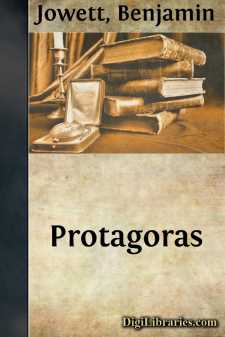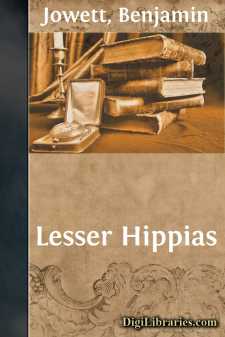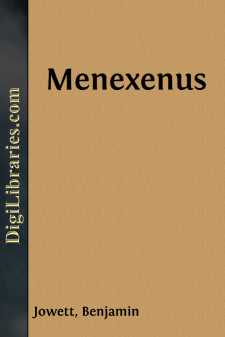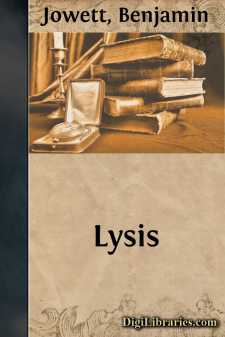Categories
- Antiques & Collectibles 13
- Architecture 36
- Art 48
- Bibles 22
- Biography & Autobiography 815
- Body, Mind & Spirit 144
- Business & Economics 28
- Children's Books 18
- Children's Fiction 14
- Computers 4
- Cooking 94
- Crafts & Hobbies 4
- Drama 346
- Education 58
- Family & Relationships 59
- Fiction 11834
- Games 19
- Gardening 17
- Health & Fitness 34
- History 1378
- House & Home 1
- Humor 147
- Juvenile Fiction 1873
- Juvenile Nonfiction 202
- Language Arts & Disciplines 89
- Law 16
- Literary Collections 686
- Literary Criticism 179
- Mathematics 13
- Medical 41
- Music 40
- Nature 179
- Non-Classifiable 1768
- Performing Arts 7
- Periodicals 1453
- Philosophy 65
- Photography 2
- Poetry 896
- Political Science 203
- Psychology 44
- Reference 154
- Religion 515
- Science 126
- Self-Help 85
- Social Science 82
- Sports & Recreation 34
- Study Aids 3
- Technology & Engineering 59
- Transportation 23
- Travel 463
- True Crime 29
Our website is made possible by displaying online advertisements to our visitors.
Please consider supporting us by disabling your ad blocker.
Protagoras
by: Benjamin Jowett
Description:
Excerpt
INTRODUCTION.
The Protagoras, like several of the Dialogues of Plato, is put into the mouth of Socrates, who describes a conversation which had taken place between himself and the great Sophist at the house of Callias—'the man who had spent more upon the Sophists than all the rest of the world'—and in which the learned Hippias and the grammarian Prodicus had also shared, as well as Alcibiades and Critias, both of whom said a few words—in the presence of a distinguished company consisting of disciples of Protagoras and of leading Athenians belonging to the Socratic circle. The dialogue commences with a request on the part of Hippocrates that Socrates would introduce him to the celebrated teacher. He has come before the dawn had risen—so fervid is his zeal. Socrates moderates his excitement and advises him to find out 'what Protagoras will make of him,' before he becomes his pupil.
They go together to the house of Callias; and Socrates, after explaining the purpose of their visit to Protagoras, asks the question, 'What he will make of Hippocrates.' Protagoras answers, 'That he will make him a better and a wiser man.' 'But in what will he be better?'—Socrates desires to have a more precise answer. Protagoras replies, 'That he will teach him prudence in affairs private and public; in short, the science or knowledge of human life.'
This, as Socrates admits, is a noble profession; but he is or rather would have been doubtful, whether such knowledge can be taught, if Protagoras had not assured him of the fact, for two reasons: (1) Because the Athenian people, who recognize in their assemblies the distinction between the skilled and the unskilled in the arts, do not distinguish between the trained politician and the untrained; (2) Because the wisest and best Athenian citizens do not teach their sons political virtue. Will Protagoras answer these objections?
Protagoras explains his views in the form of an apologue, in which, after Prometheus had given men the arts, Zeus is represented as sending Hermes to them, bearing with him Justice and Reverence. These are not, like the arts, to be imparted to a few only, but all men are to be partakers of them. Therefore the Athenian people are right in distinguishing between the skilled and unskilled in the arts, and not between skilled and unskilled politicians. (1) For all men have the political virtues to a certain degree, and are obliged to say that they have them, whether they have them or not. A man would be thought a madman who professed an art which he did not know; but he would be equally thought a madman if he did not profess a virtue which he had not. (2) And that the political virtues can be taught and acquired, in the opinion of the Athenians, is proved by the fact that they punish evil-doers, with a view to prevention, of course—mere retribution is for beasts, and not for men. (3) Again, would parents who teach her sons lesser matters leave them ignorant of the common duty of citizens? To the doubt of Socrates the best answer is the fact, that the education of youth in virtue begins almost as soon as they can speak, and is continued by the state when they pass out of the parental control....












